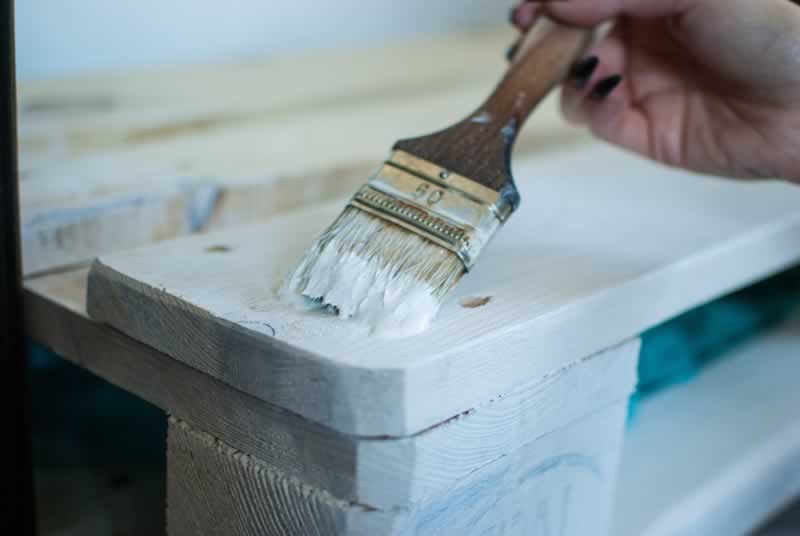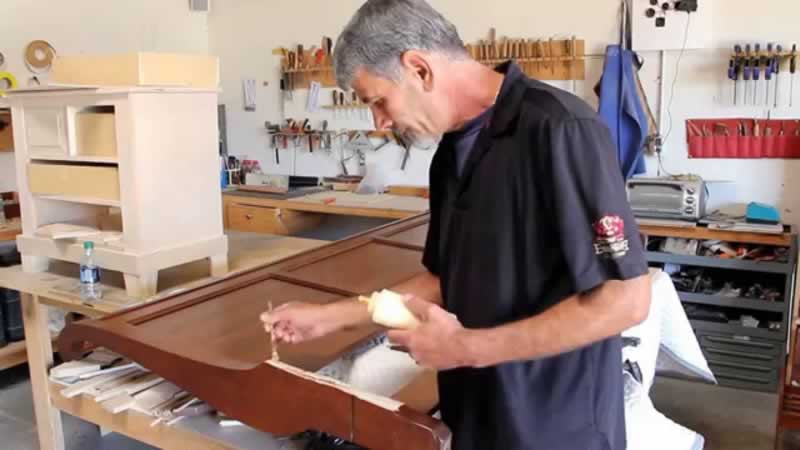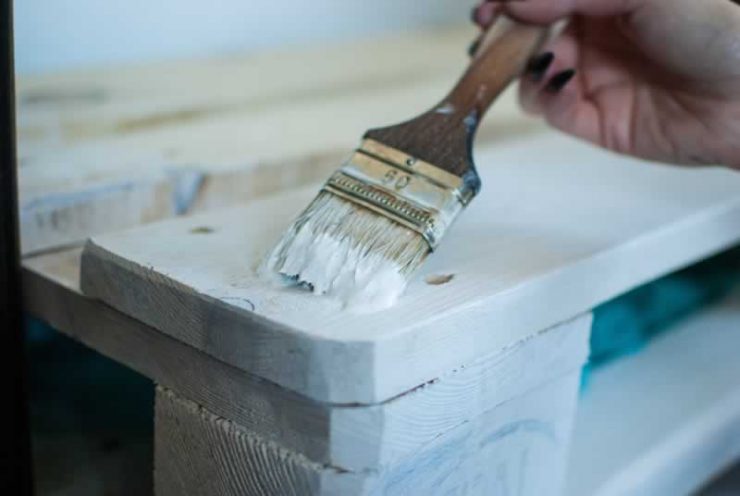Furniture repairs don’t have to be expensive. In fact, you may be able to take care of them yourself. With the right tools and some wood filler, you can transform a chipped dresser or busted chair.

Keep reading to learn about DIY repairs that will keep your favorite furniture going strong!
Bring Your Veneer Back to Life
When you have chipped veneer on your furniture, it looks shabby. The unfinished wood beneath the veneer stands out. But the good news is that repairing veneer furniture is possible. If your veneer is lifting from the wood beneath it, use wood glue and pressure to reattach it. You may be able to find a matching veneer to fill in gaps in bigger spaces where the veneer is gone. You can use a wood filler on smaller areas of chipped veneer, too. Check to see if it’s able to be stained, though. If it isn’t, the filler will look obvious.
Easy Furniture Repairs Include Fixing Scratches
Scratches can detract from the beauty of your wood furniture if you don’t fix them. Fortunately, concealing scratches is one of the easiest furniture repairs. While it might be tempting to grab a wood marker for the job, don’t do it. Wood markers, stains, and fillers won’t look good if they’re not a good match. As an alternative, use clear nail polish to fill bigger scratches. Then use sandpaper with a fine grit to finish the surface.
Another option is to use a paste wax and buff it well. You’ll get a stronger color match to the wood and you’ll give your wood a glossy sheen. Try this on your armoire, coffee table, or bed. But when your favorite bed frame looks too banged up to salvage, you’re better off trading up. Visit Wildwood TV Lift Furniture to find a unique and comfy bed!
Get Your Furniture Legs Upright
When it comes to repairing broken wood furniture, legs are an easy target. Moving around furniture takes a toll on the legs of your favorite chairs. And eventually, those wobbly legs might give out. Too many people ruin chair legs by using screws or nails to fix the problem. Driving a screw into a chair leg may splinter the wood. Instead, you can get those legs upright with a simple product: wood glue.
Begin by sanding the surface of the chair leg so that it is smooth. Then use a generous amount of wood glue to attach it to the chair. Clamps will help ensure a tight bond between the legs and the chair. If the legs on your chair are just wobbly, turn to furniture braces for help. Place one brace right up against a leg. Predrill holes and then use screws to attach the brace to the seat and leg.
Tighten Those Furniture Seams
It’s not uncommon to see the wood begin to separate on your wooden tables. But what do you do if your coffee table’s seams are moving apart? Head to the hardware store and purchase some corner braces. Place the corner braces over the seam on the underside or back of the furniture. Push the seam together and use a drill to insert the screws. The brace should do the trick to hold things together. If your dresser drawers are starting to move apart, wood glue should solve that problem. Remove the excess old glue by sanding it off. Then apply new glue and clamp the drawer so that it can dry.

Breathe New Life into Furniture with Paint
When repairing broken wood furniture involves too many big fixes, you do have another option. Don’t try to conceal every little flaw in the wood. Paint it instead! A dresser with good lines but a distressed veneer could look amazing with paint and a wax seal on it. To get started, clean the furniture. Then apply a latex primer. Next, choose latex or oil-based paint in the color you want. You also could use chalk paint for a matte finish. Apply your chosen paint with a quality brush to minimize the appearance of brushstrokes. Once the paint has dried, you may want to try applying a wax finish for a polished look. You’ll end up with a beautiful piece of furniture where the color and shape are the focus!
Enhance Your Sofa Cushions
Does your sofa seem flat? Lifeless cushions don’t always mean you need to invest in a new sofa. You may be able to fluff the cushions or replace the stuffing as an easy DIY fix. Check the back of your sofa cushions to see if there are zippers. You should be able to remove the existing cushions. Start by massaging the cushions with your hands to try to even them out. You may need to take a more extreme measure, however. Try measuring the cushions so that you can get replacement cushions. You should be able to find cushions at most craft or big-box stores. If new cushions don’t cut it, turn to plywood. Cut a sheet of plywood to the size of your seat cushion. Then place the plywood sheet beneath your cushion for a little extra support.
Tackle Some DIY Furniture Repairs
When it comes to DIY furniture repairs, there is so much you can do! Rather than trashing a piece of furniture, head to the hardware store for some wood glue, braces, and tools. You’ll save money by doing the fixes yourself — and learn something in the process. To find more tips to keep your home up and running, check back for new articles!









Add comment